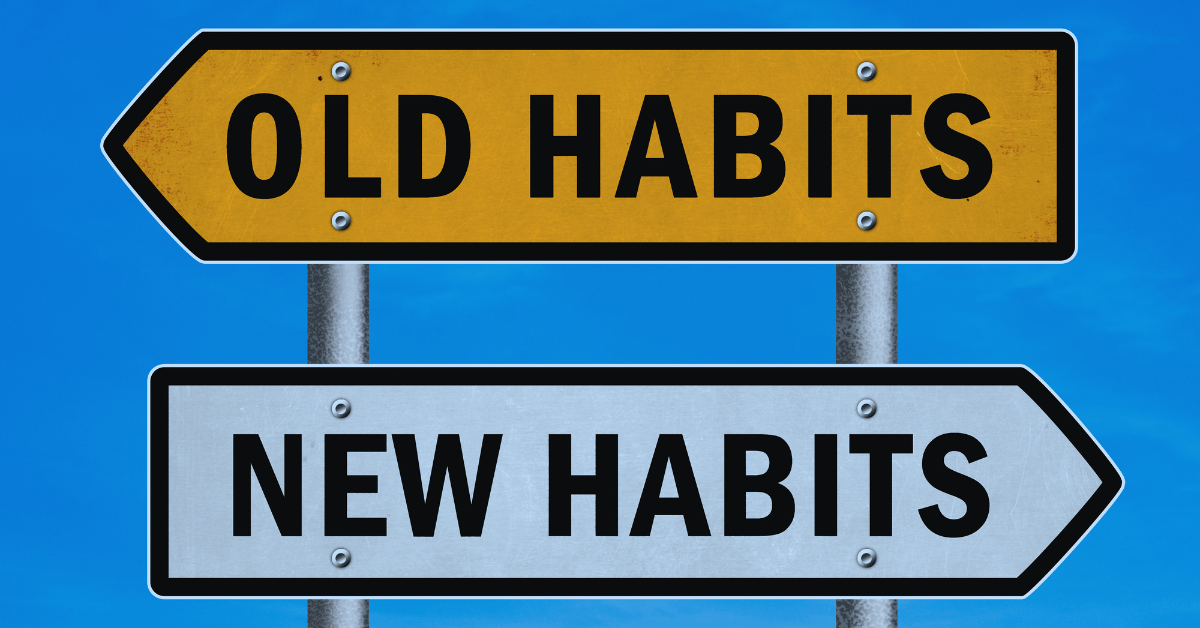
Being told you have prediabetes can be the kind of wakeup call you weren’t wanting or expecting to receive. But know that it doesn’t automatically mean type 2 diabetes will follow. Think of it as an opportunity to improve your health overall, and your glucose levels in particular.
We’re often told to adopt healthier habits and take better care of ourselves. But where to start when you have prediabetes?
Where to Focus Your Health Efforts with Prediabetes
There are a handful of areas to focus on when responding to prediabetes:
- diet
- exercise
- stress management
Diet: Eating Habits and Weight Loss
Weight management can have a direct, positive effect on prediabetes. Losing as little as 5% to 7% of your total body weight can have a measurable effect on glucose levels. However, there is no “ideal” diet for people with prediabetes. And weight loss is not the only dietary goal when it comes to prediabetes. Food quality is also important.
Be mindful of what you eat. Focus on mostly eating unprocessed foods and low/no calorie drinks. Avoid foods and drinks with heavy concentrations of simple sugars. Whether or not you lose any weight, this kind of mindful eating can improve your glucose levels overall.
Instead of eliminating specific foods or categories of foods, focus on being mindful of how much you eat. There will be some foods (the ones that are highly processed or sweetened) that you may decide to have less often, eat in smaller amounts, or avoid altogether.
Exercise: Movement, Strength, and Flexibility
Get up and move. Move some more. Get the blood circulating and the muscles working.
Again, there is no one “ideal” exercise. You want to be active in different ways. Sometimes do something that gets your heart pumping and your blood circulating (cardio). Other times do something that gets you stretching and building flexibility. Also work on building your physical strength (weight bearing).
You want to do a mix of all these different kinds of exercise so that you build all around fitness. Start where you are and add to your efforts bit by bit. Over time the goal is to build up to 150 mins/week of brisk activity.
Manage Stress
Stress plays a role in your overall physical and mental health. It can have a direct effect on your glucose levels by releasing cortisol (sometimes referred to as the stress hormone) into the bloodstream. Stress can also lead to anxiousness and disrupt health habits like mindful eating and getting enough rest.
Taking time out of the daily hustle can be an effective way to reduce stress. Take a physical or mental break. Engage in a meditative practice. Move your body. Listen to soothing music.
Getting enough physical rest is also important for stress management. Practice good sleep hygiene, winding down at the end of the day and resting for eight or more hours each night. Short naps during the day can also be refreshing.
Be sure to eat when hungry and drink when thirsty. Hunger and dehydration can add to stress.
Tips for Getting Started
Changing habits and routines isn’t always easy. This can be especially true when the new habit is unfamiliar, or you feel like you’re being forced into it. Remember that health improvements happen over time.
Here are some tips to help you get started:
Patience: Don't expect immediate results. Give it time to work. Be patient with the process.
Do what you like. Don’t like jogging, but love to dance? Then dance! Can’t stomach kale? Then don’t eat it. Have other kinds of greens and vegetables that you enjoy.
Start small. Start with a five-minute walk after lunch. You don’t have to start with a 30-minute run or a trip to the gym. Small changes are easier to fit into your regular routine. Over time you can build up to more time or stronger efforts.
Get support. Enlist the help of friends and family. Changing eating habits can be easier when the whole household is on board. Taking a walk can be more enjoyable when you have someone to chat with along the way. Ask your healthcare provider if there’s a specialized program or diabetes educator they can refer you to.
The Journey to a Healthier You
By embracing healthier habits, you are increasing the possibility that prediabetes won’t develop into a type 2 diagnosis. Over time, building on the small changes you make now will put you in a better spot. All it takes is patience and consistent effort.

